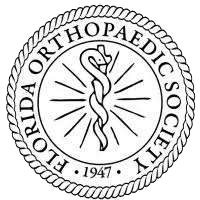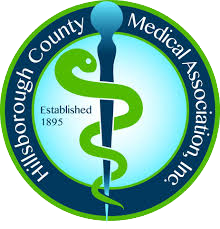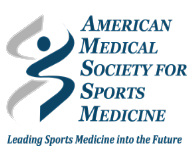Hand surgery is often the first step toward regaining mobility, reducing pain, and getting back to daily activities. Whether you’re facing carpal tunnel release, tendon repair, or another procedure, it’s natural to wonder what to expect from start to finish. Understanding the process before, during, and after surgery can help you prepare and improve your hand surgery outcomes.
Before Surgery: Preparing for Success
The first step in your journey is meeting with an orthopedic hand specialist. This doctor focuses on conditions affecting the hands, wrists, and forearms. They will explain your diagnosis, review surgical options, and answer questions about the procedure.
Preparation may include:
- Medical testing to confirm you’re healthy enough for surgery
- Reviewing current medications that may affect healing
- Arranging transportation, since you won’t be able to drive immediately after
It’s also helpful to set up your home for an easier recovery. Stock up on easy-to-prepare meals, place frequently used items within reach, and consider voice-to-text tools for communication. These small steps make daily life easier when you have limited use of one hand.
During Surgery: What Happens in the Operating Room
Hand surgeries vary depending on the condition being treated. Some are performed with local anesthesia, while others may require general anesthesia. Many procedures are done on an outpatient basis, meaning you’ll return home the same day.
Your orthopedic hand specialist will use precise techniques to repair, release, or reconstruct the affected area. Surgical time may range from under an hour to several hours, depending on complexity. While the details may sound intimidating, keep in mind that modern hand surgery is designed to be highly targeted, which often improves recovery time and long-term results.
After Surgery: The Recovery Process
Hand surgery recovery looks different for every patient, but there are common stages. Initially, you may have swelling, stiffness, or mild discomfort. Your doctor will provide medication to manage pain and instructions on caring for your incision.
One of the most important parts of recovery is post-hand-surgery therapy. A hand therapist may guide you through exercises to restore motion, strength, and flexibility. Skipping therapy can limit your results, so it’s essential to follow the recommended plan.
Healing times vary. Some patients return to light activities in a few weeks, while others may need several months before resuming normal tasks. Patience and consistency are key to achieving the best hand surgery outcomes.
Hand Surgery Tips for a Smooth Recovery
Recovery doesn’t end when the stitches come out. To protect your hand and promote healing, keep these hand surgery tips in mind:
- Follow your surgeon’s instructions carefully. Each surgery is different, and your doctor knows the best approach for your condition.
- Prioritize therapy. Even if exercises feel uncomfortable at first, therapy is crucial to your success after surgery, as it prevents stiffness and speeds recovery.
- Avoid overuse too soon. Trying to do too much too quickly can delay healing or cause setbacks.
- Maintain follow-up appointments. Regular check-ins with your orthopedic hand specialist allow early detection of any issues.
- Be patient with progress. Recovery is gradual, and small improvements add up over time.
Prepare for Hand Surgery With Confidence
Hand surgery can feel overwhelming, but with the right knowledge and preparation, you can face it with confidence. Meeting with an orthopedic hand specialist, preparing your home, committing to post-hand-surgery therapy, and following helpful hand surgery tips can all lead to better hand surgery outcomes. Your hands are vital for everyday life, and taking care of them before, during, and after surgery makes all the difference in regaining strength and function.
Are you experiencing hand pain or numbness and want to speak with an orthopedic specialist? Call (813) 253-2406 or fill out our online form to schedule a consultation with one of our orthopedic specialists. Tampa Orthopaedic & Sports Medicine is located in Tampa, FL, and proudly serves patients from the surrounding communities.












